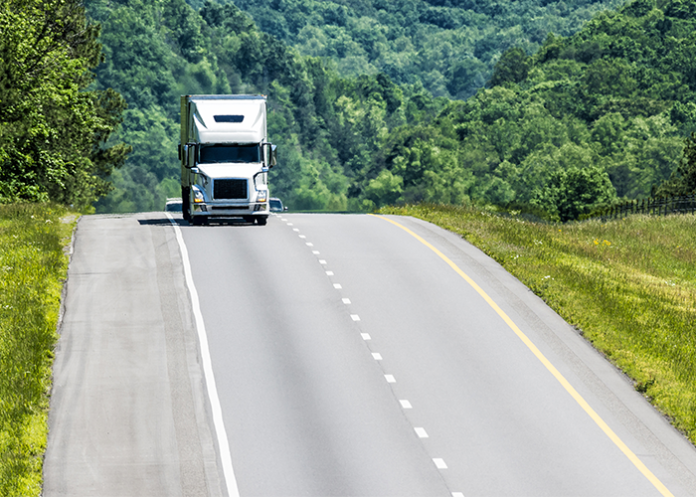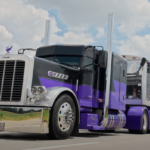Trucking is a crucial part of the economy in the United States, providing transportation for goods and materials that are essential for businesses and consumers alike. Without trucks, the economy would come to a standstill, as almost every product in the country is transported by truck at some point in the supply chain. In this blog post, we’ll explore the impact of trucking on the economy in the USA.
Contribution to GDP
Trucking is a significant contributor to the gross domestic product (GDP) of the United States. According to the American Trucking Association, the trucking industry generated $791.7 billion in revenue in 2019, which is about 80.4% of the total revenue generated by the entire transportation industry. In the same year, the trucking industry also employed around 3.6 million drivers, making it one of the largest employers in the country. The contribution of trucking to the GDP is expected to continue to grow in the coming years as the demand for goods and materials increases.
Supply Chain Efficiency
Trucking is a vital component of the supply chain and plays a critical role in ensuring the efficient movement of goods and materials across the country. Trucking allows for just-in-time delivery of goods, which helps to minimize inventory costs and improve overall efficiency. It also allows businesses to quickly respond to changes in demand or supply chain disruptions, which helps to reduce downtime and maintain the continuity of operations. This makes it possible for businesses to operate more efficiently and cost-effectively, which ultimately benefits the entire economy.
Job Creation
Trucking is also a significant source of employment in the United States, providing jobs for millions of people across the country. The trucking industry employs not only truck drivers but also mechanics, dispatchers, logistics managers, and many other professionals. The jobs provided by the trucking industry tend to be well-paying and offer good benefits, making them an attractive career option for many people.
Environmental Impact
While trucking is undoubtedly essential to the economy, it also has a significant environmental impact. Trucks are a significant source of greenhouse gas emissions, and their use contributes to air pollution and climate change. To mitigate this impact, the trucking industry has been investing in technologies that reduce emissions and increase fuel efficiency. For example, many companies have been adopting alternative fuels such as electric or natural gas-powered trucks, and there has been a push to improve the aerodynamics of trucks to reduce fuel consumption. The adoption of these technologies can help to minimize the environmental impact of trucking while still maintaining its critical role in the economy.
In conclusion, trucking plays a vital role in the economy of the United States. Its contribution to the GDP, supply chain efficiency, and job creation are significant, and it is an essential part of almost every industry in the country. While the industry faces challenges related to the environmental impact of trucking, the adoption of new technologies and practices can help to mitigate these issues. As the economy continues to grow and evolve, the importance of trucking is likely to only increase, making it a critical part of the country’s economic infrastructure.





